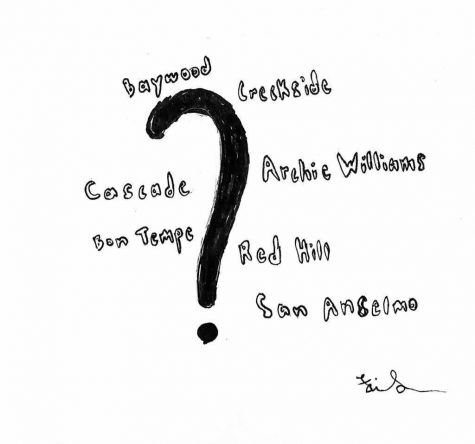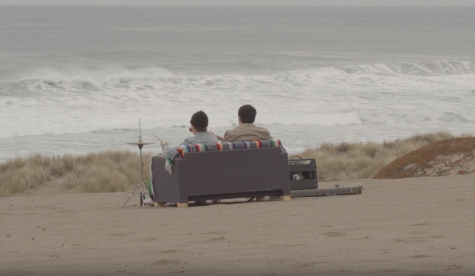“Living With Yourself” fails Paul Rudd
The concept portrayed in “Living with Yourself” is nothing new. Back in 2012, the Michael Keaton film “MULTIPLICITY” had a similar premise. Even disregarding the gimmick itself, the existence of “Living with Yourself” dutifully contributes to the “rom-com but with wacky, almost sci-fi twist” genre that plagues the entertainment industry.
Ultimately, this show doesn’t thoughtfully contribute to or pioneer any genre or idea. It almost feels as though it was made to sit in the pile of mediocre romantic comedies and waste away until someone on Twitter goes, “Remember that one rom-com with Paul Rudd where he clones himself? That was funny” and then maybe one hundred out of the ten thousand people who liked the tweet will go watch it and inevitably regret their decision.
“Living with Yourself” follows the generic rom-com formula. It goes a little like this: “Things are bad, then a weird thing happens, makes things better, then development happens, makes things worse, then personal reflection or reconciliation makes things better again.” If that wasn’t bland enough, this feeble plot arc extends into eight 20 minute episodes.
Miles Elliot (Paul Rudd), the only good part of this series, is having trouble with his wife, Kate (Aisling Berra) and with work. His co-worker Dan (Desmin Borges) recommends Miles to a spa that will “improve his life.”
After visiting, Miles finds himself suddenly improving his relationship and pulling himself out of the slump he was in at work. It turns out, though, that the new Miles is actually a clone, and the real Miles awakens, buried in a forest. As they meet and try and balance Miles’ life between the two of them, hilarity ensues.
The issues with “Living with Yourself” stem mainly from the weak plot and writing. The twists are uninspired, conflict uninteresting, and characters dull. I feel almost as if the genre of “Living with Yourself” has confined the potential of the idea. I would much rather have watched a show where new Miles ends up leaving the country and finds meaning among foreign experiences (much like “Hector and the Search For Happiness,” starring Simon Pegg), shedding the baggage he carried from being a clone and moving on. “Living with Yourself” presented the least interesting plot, characters, and conclusion possible from the premise. I do not recommend it. Two out of five stars.







